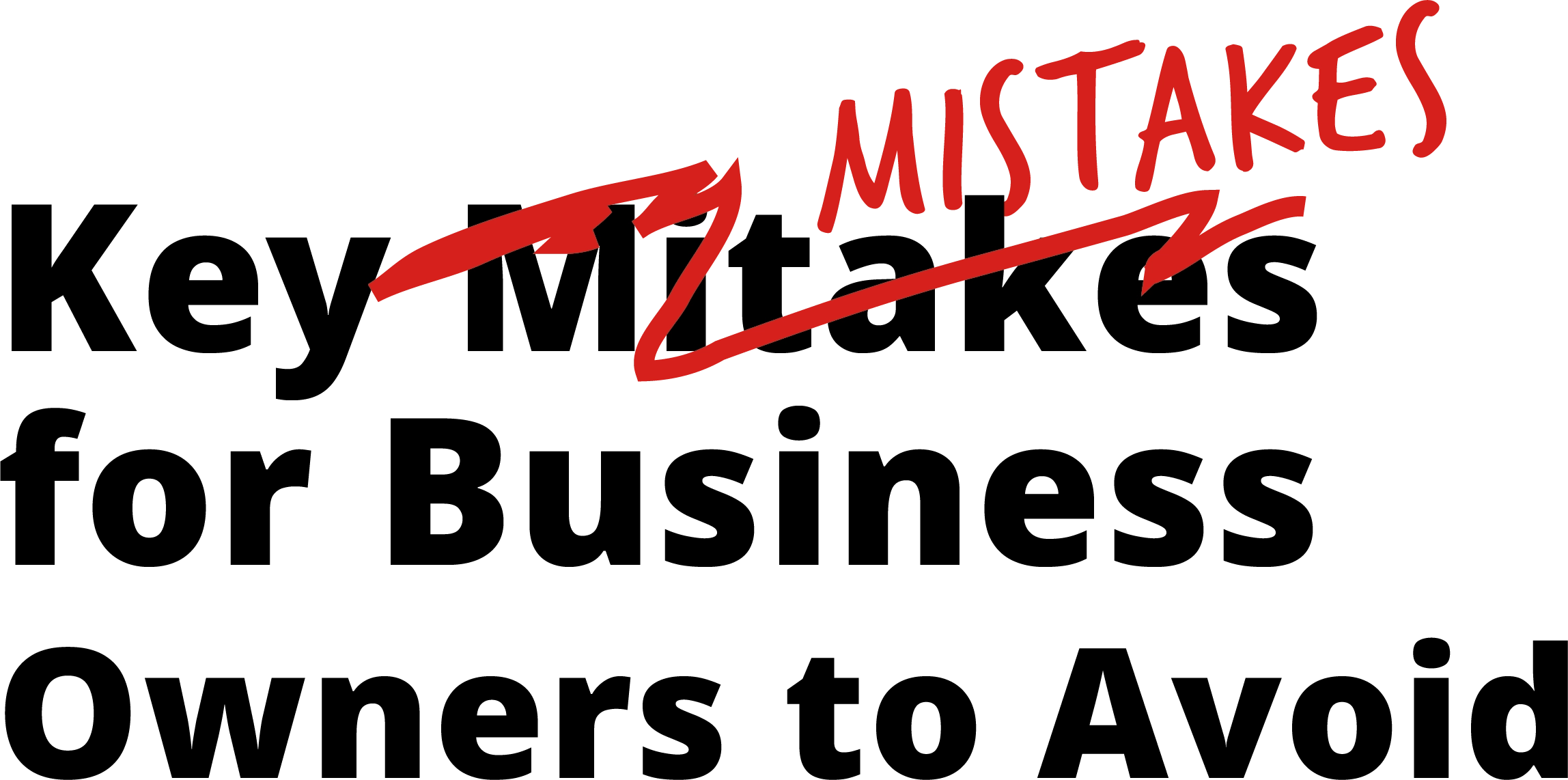


Machuca is a former head of the Alaska Small Business Development Center (SBDC) Anchorage office and the current director of its new AI Resource Center. He says, “Valuation can be a great tool when a startup young entrepreneur is planning a long-term exit strategy, and he/she wants to maximize their business development efforts in what brings the most value to the structure of their business.”
The most common reasons for business valuations are selling or acquiring a business; pursuing strategic capital or a business loan; resolving tax or legal issues; determining assets in the case of death, disability, disaster, or divorce; and gifting or donating company stock.

Machuca is a former head of the Alaska Small Business Development Center (SBDC) Anchorage office and the current director of its new AI Resource Center. He says, “Valuation can be a great tool when a startup young entrepreneur is planning a long-term exit strategy, and he/she wants to maximize their business development efforts in what brings the most value to the structure of their business.”
The most common reasons for business valuations are selling or acquiring a business; pursuing strategic capital or a business loan; resolving tax or legal issues; determining assets in the case of death, disability, disaster, or divorce; and gifting or donating company stock.
The professional’s goal is to make a justifiable, reasonable estimate of the company’s fair value based on generally accepted standards. In the United States, business valuations are typically conducted according to Uniform Standards of Professional Appraisal Practice, which covers all types of appraisals, including real estate, personal property, intangible assets, and business valuations.
Various types of professionals conduct business valuations, including business appraisers, brokers and consultants, CPAs, and merger and acquisition specialists. While certification is not mandatory for business appraisers in the United States, some people opt to become certified through organizations like the National Association of Certified Valuators and Analysts. With more than 7,000 members and certificants, the association is accredited by both the National Commission for Certifying Agencies and the American National Standards Institute.
While SBDC’s services do not replace formal, certified valuations, they provide valuable insights, Machuca says. SBDC tailors its valuation services to give clients a practical understanding of their company’s worth and potential. The center focuses on the discounted cash flow (DCF) method, particularly for small businesses seeking funding or starting new ventures. This approach, Machuca says, is well-suited for clients because it is future-oriented, flexible, investor-oriented, comprehensive, and adaptable.
While DCF is the Alaska SBDC’s primary focus, it is part of a broader toolkit. The center offers Vertical IQ, which employs multiplier valuation based on key financial metrics. It uses net sales and gross profits as well as earnings before interest, taxes, depreciation, and amortization. Another tool, ProfitCents, can perform valuations using clients’ taxes and the DCF method. The Alaska SBDC Business Valuation Tool is a downloadable worksheet for clients to use alone or with one of the center’s advisors. The AI Valuation Tool also performs valuations using the DCF method. It analyzes financial data to project future cash flows and determine a present value for the business.
Business valuation is both an art and a science, Machuca says. While there are established valuation methods and helpful tools, every business is unique. “That’s why it’s crucial to work with experienced valuation professionals who can provide an objective perspective and navigate the complexities of valuation,” he says.
As one of the first steps in a client engagement, Venture North performs a thorough company valuation at no charge, according to partner Neil Gunn. The primary purpose of the valuation is to set initial seller expectations regarding how the market is likely to respond in terms of a price range. “It is quite difficult for business owners to assess the probable value of the company without working with professionals who not only have the skills to deploy the appropriate valuation model but have also actually sold several companies in the very market within which the seller operates,” he says.

Jacob Boomsma | iStock

Venture North Group
The most common approaches to assessing a business are income, market, and asset-based valuations, Gunn says. The income-based approach could involve a DCF analysis, capitalization of earnings, income multiplier method, dividend discount model, and earnings-based valuation.
Which approach does Gunn prefer? Depends on the buyer. Gunn explains, “The Venture North Group only focuses on the valuation models that buyers are likely to use in their own underwriting of a deal. The most common valuation approach a private seller in Alaska will likely encounter is an income-based, multiple-of-earnings model.”
Gunn says sellers should put a great deal of thought into the expected outcomes of a company valuation. They should consider their objectives and precisely how the valuation might advance those objectives.
Intangible assets often surpass the value of tangible assets, Machuca says. Valuators can account for intangibles through various methods, including the income, market, and cost approaches. They can also use a qualitative assessment to evaluate the strength and longevity of the intangibles, their impact on competitive advantage, and their contribution to cash flow.
However, assessing intangible assets can be tricky. The uniqueness, volatile value, subjectivity, limited market data, and lack of physical form complicate the process. “The key is to recognize that, while intangibles are challenging to quantify, they often drive significant value and must be carefully considered in any comprehensive business valuation,” Machuca says.
The valuation process can vary for different types of businesses and industries. With a small family-owned business, for instance, a valuator might use the DCF method or focus on the adjusted book value or capitalization of earnings methods. “Consideration of ‘excess’ owner’s salary and discretionary expenses is crucial,” Machuca says. “The personal goodwill of family members might be a significant factor.”
Take, for example, a business with limited financial history, revenue, or profits. This is where SBDC often applies the DCF method to project future growth and cash flows—which is vital for startups or young businesses. The center might also consider the reproduction value to understand the cost of replicating the business.
For large corporations, a comprehensive valuation would typically involve multiple methods. Market comparisons with publicly traded companies and in-depth analysis of various business units would also become more relevant.

Alaska Small Business Development Center
Several industry-specific factors can affect the valuation process. The main factors are growth prospects, the competitive landscape, and regulatory environment. Assessing growth prospects can include historical revenue and profit growth rates, market expansion opportunities, new product or service development pipelines, customer acquisition and retention rates, scalability of the business model, and management’s track record of executing growth strategies. In rapidly expanding industries like technology, renewable energy, or healthcare, companies often command higher valuations due to their potential for future growth.
Valuators can also consider macrofactors, such as gross domestic product growth and interest rates, which can influence overall industry growth. They can also analyze the company’s ability to capitalize on emerging trends and adapt to changing market conditions. “It’s important to note that while these factors provide valuable insights, each business is unique, and valuations should be tailored to the specific circumstances of the company being evaluated,” Machuca says.
External issues that influence business valuation, and ultimately the sale of a company, tend to be the regulatory environment, interest rates, and buyers’ access to financing.
Market sentiment and investor mood can also have a significant impact—and even affect whether buyers pursue a business at any price. “Currently, general market sentiment for private companies is optimistic regarding industries such as renewable energy, necessary commercial/residential services (HVAC/plumbing), transportation/logics, SaaS [software as a service], AI solutions, et cetera,” Gunn says. “Therefore, buyer interest and valuations are going to behave accordingly. Objective analysis in the world of valuing private companies ends with the financial statements. Beyond the accuracy of the financials, all other aspects of a valuation, including assessment of market sentiment, have some level of subjectivity.”
Ultimately, a valuation can reveal aspects of a business that detract from its overall value, such as inadequate financial and accounting controls, underperforming assets, and weaker operating ratios compared to its peers. The valuation process offers a comprehensive view of the company’s strengths and weaknesses.

Ignoring Industry Trends: The broader market context is crucial. Failing to consider industry benchmarks or market conditions can lead to inaccurate valuations.
Neglecting Risk Factors: Every business faces risks, and these need to be factored into the valuation. Overlooking potential threats can result in overvaluation.
Underestimating Intangible Assets: Many owners focus too much on tangible assets and overlook intangibles like brand reputation, customer relationships, or intellectual property.
Relying on Outdated Financial Statements: Always use the most current financial data for accurate valuations.
Lack of Proper Documentation: Failing to properly document assets, liabilities, and cash flow can skew valuations significantly.
Waiting Until the Last Minute: Rushing a valuation before a sale often leads to mistakes. Better to plan ahead and get regular valuations.
Not Considering Tax Implications: The tax structure of a business can greatly impact its value, especially in a sale scenario.
Overreliance on a Single Valuation Method: Different approaches can yield different results, so using multiple methods can generate a more comprehensive view.
Neglecting to Normalize Financials: Failing to adjust for one-time or non-recurring expenses can undervalue a business.
Owners should also have a formal annual budget that, on a monthly basis, compares actual results to the budget, Gunn says. Developing a three-year forecast and implementing a solid succession plan can also help. In addition, they should have readily available buyer-diligence items, such as copies of customer contracts, organization formation documents, permits, and licenses.
Enhancing a valuation, Machuca says, is a multifaceted process that requires a strategic approach. While there’s no one-size-fits-all solution, business owners can choose from a variety of internal improvements and external growth initiatives to increase their company’s value. A key strategy is to improve operational efficiency by streamlining processes, reducing costs, and increasing productivity to boost profitability. “We can help by configuring and helping owners write standard operating procedures,” he says.
Other ways to maximize value are expanding market share, diversifying revenue streams, strengthening financial management, building a strong management team, enhancing brand reputation, securing long-term contracts, and implementing scalable systems. Owners can also create systems and processes that allow the business to run smoothly without their constant involvement—which tends to be a common problem.
“By focusing on these areas, owners can significantly increase their company’s attractiveness to potential buyers/investors/lenders, thereby enhancing its overall valuation,” Machuca says.